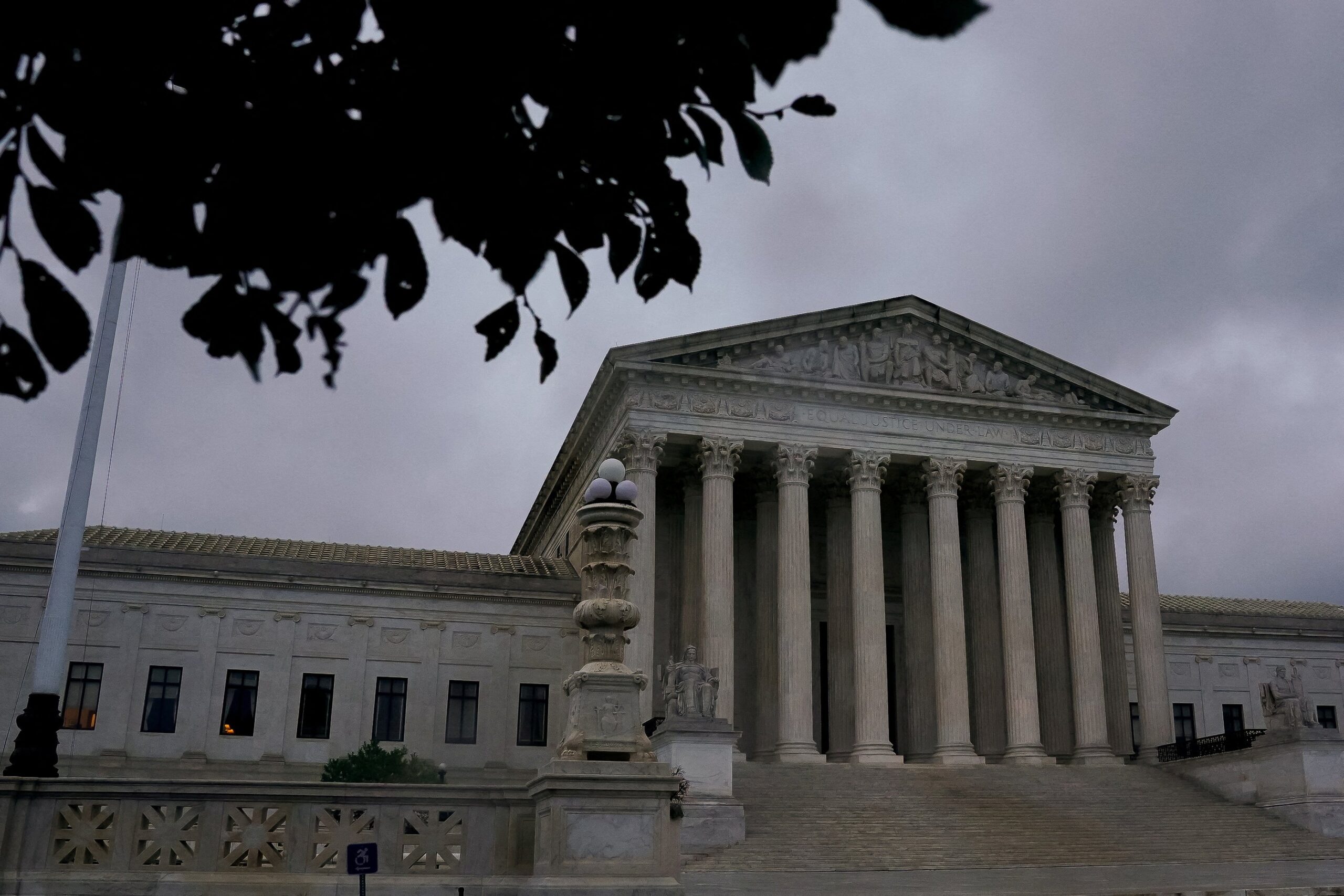
WASHINGTON — The U.S. Supreme Court will take up a case about religious accommodation this spring when it examines an appeal by a former postal worker who was forced to work Sundays delivering Amazon packages.
The appeal, filed by Gerald Groff, an evangelical Christian, claims the U.S. Postal Service should have granted his request that he not be required to work on Sundays due to his religious belief that it is a day of worship and rest.
The court agreed earlier this month to hear the case in April, after denying three similar requests in recent years.
The case, Groff v. DeJoy, challenges a former court ruling in a 1977 case, Trans World Airlines v. Hardison, that said employers were not required to make religious accommodations that constituted an “undue hardship.”
This standard is met if accommodating the employee would require more than a trivial or minimal cost, the opinion added.
Groff worked as an auxiliary mail carrier in Pennsylvania from 2012 to 2019, filling in when other workers were not available, including on weekends and holidays.
Initially he was not asked to work on Sundays, but that changed in 2015 when the Postal Service began delivering Amazon packages on Sunday. At first, his managers asked other workers to fill in, and then in 2018 Groff was told he would face disciplinary actions if he did not report to work on Sundays.
After resigning in 2019, Groff sued the Postal Service for failing to accommodate his request.
A federal judge said the Postal Service had provided reasonable accommodation and that offering anything more would have caused undue hardship to the employer and to his co-workers.
In a 2022 ruling, the Philadelphia-based 3rd U.S. Circuit Court of Appeals agreed.
Richard Garnett, a law professor at the University of Notre Dame in South Bend, Indiana, and director of the Notre Dame Program on Church, State, and Society, told The Tablet that the court’s decision to hear this case is welcome news because it “provides the court with an opportunity to revisit, and correct, a 1977 ruling that most observers, across the political spectrum, agree was wrongly decided.”
He said that ruling, Trans World Airlines v. Hardison, “badly distorted and weakened federal protections against discrimination in the workplace.”
Garnett said the current Supreme Court “tends to be more careful and disciplined about reading statutory text,” and said it is “likely that there will be consensus among the justices that the federal rules against religious discrimination at work will be given the meaning and effect that Congress intended.”
The Notre Dame law professor joined seven other legal scholars in a brief supporting Groff’s case that said, “It is far more neutral to accommodate employees’ religious practices than to fire them for practicing their faith.”
The brief also said the U.S. Equal Employment Opportunity Commission receives “thousands of religious discrimination complaints each year, some of which include requests for accommodation” and that under the court’s previous ruling, “all but a handful of these requests are dead on arrival.”
The brief stressed that the court’s 1977 ruling had a major impact on religious minorities and “raises an important question of federal law” that it should now review.
